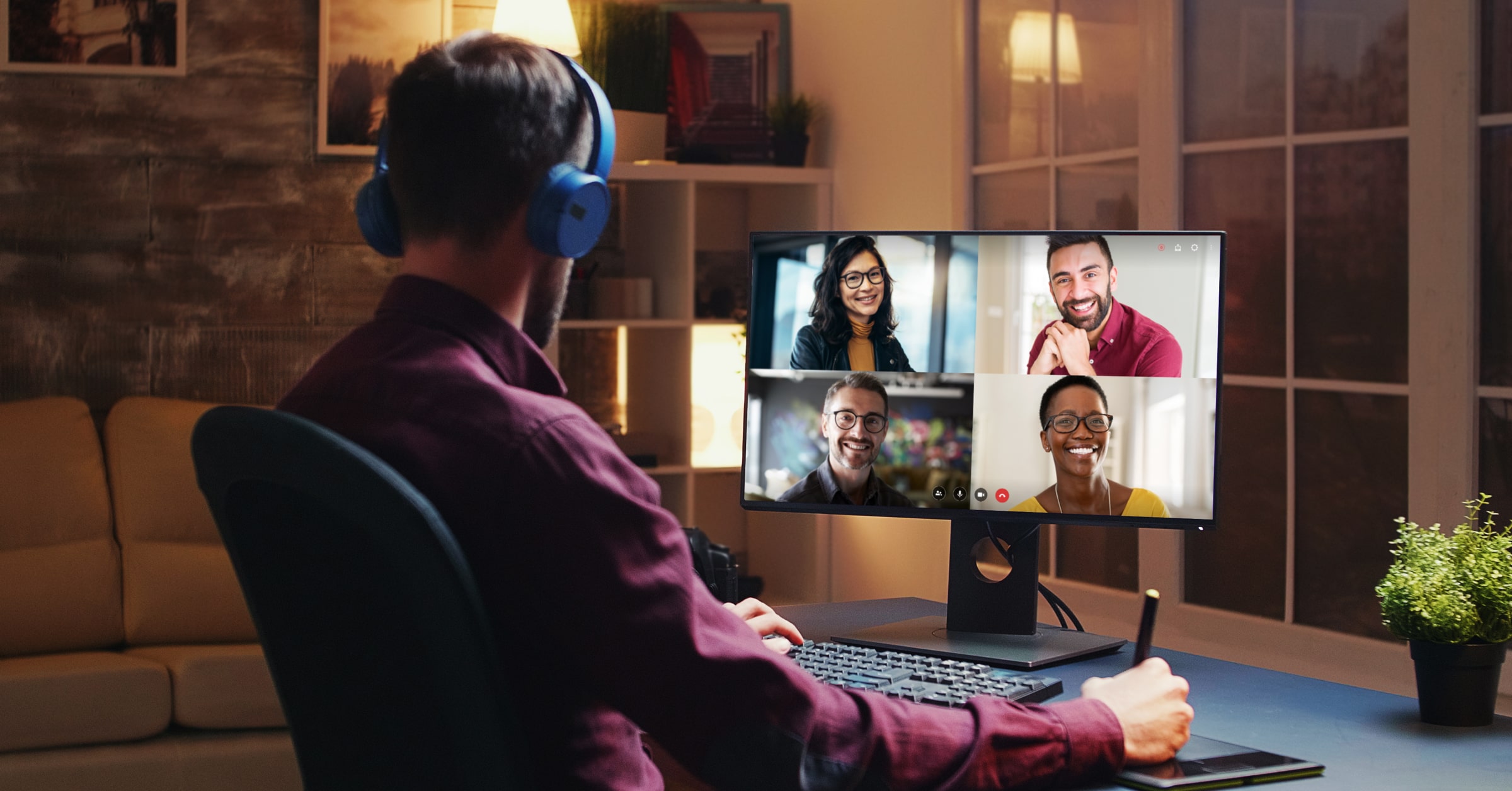The internet has become a staple in the lives of each and every one of us, including our young children. With the Benefits that come from the internet, there is also an abundance of online threats and risks that have arisen as well. Think scams, bullying, inappropriate content and the like. But at the same time, the Internet opens up a host of opportunities for your children to learn, socialise and create. On that account, It is clear then that this will require more than just banning the internet in its entirety.
To look at some of the ways to protect your children, we need to look at to different methods of protecting them. First, Practical steps you can take and Second, Communication and discussion with you child. That being so a balance of both of these methods will ensure that your child will understand the reason for the restrictions and will protect ultimately them from the dangers.
To begin let’s first look at some practical steps we can take to protect our children.
Utilise software programs to block unwanted material.
Software developers offer a variety of Programs that can block potentially harmful sites. This can vary from a browser extension that filters search results. to a Router based program that monitors internet usage, application data to help you monitor what you child is doing online.
By Setting you search provider’s settings to filter harmful results. You can protect your children from potentially accidentally viewing dangerous material. Google, Bing and most search engines allow this function to be enabled and even locked with a password.
Additionaly, a universal way of enforcing Safe search functions if by setting your DNS to one that lock’s all search engines to Safe mode. Most Noteworthy are two popular options, Open-DNS’s Family Shield, and Clean Browsing’s Family Filter.
Both of these options can even be set at a router level. meaning it can be enforced on all devices at home.
Keep screens where you can see them
Always monitor your child’s time online, particularly younger children. Try to make an agreement that there are no electronics in the bedroom.
If it’s not possible to physically monitor you child’s online activity, It is good practice to check their browsing history, and manage the app’s they have access to. Children may feel that you are being too restrictive. As a result, this next point is so vital.
Have open communication with your children discussing the dangers and why they have restrictions
Children need guidance. If they do not understand why they have online restrictions, they will begin to test the limits of their restrictions. Furthermore, it will give your child more reason to open up to you if they do see something inappropriate.
An article Published in the Awake! Magazine stated this:
Children need adults in their life who can provide leadership and advice. As a parent, you are in the best position to fulfil that role; in fact, it is your duty.
Awake! 2019 Issue 2, Six Lessons Children Need to Learn.
This describes well the importance of the parental responsibility to talk to their children about the dangers online. To discuss the reason being our concern makes a huge impact on a child.
Techbug is always happy to assist with Setting us a safe and secure network for you, your family and your children. Please feel free to call us on 1300 655 121 to discuss the best solution to protect your family.






